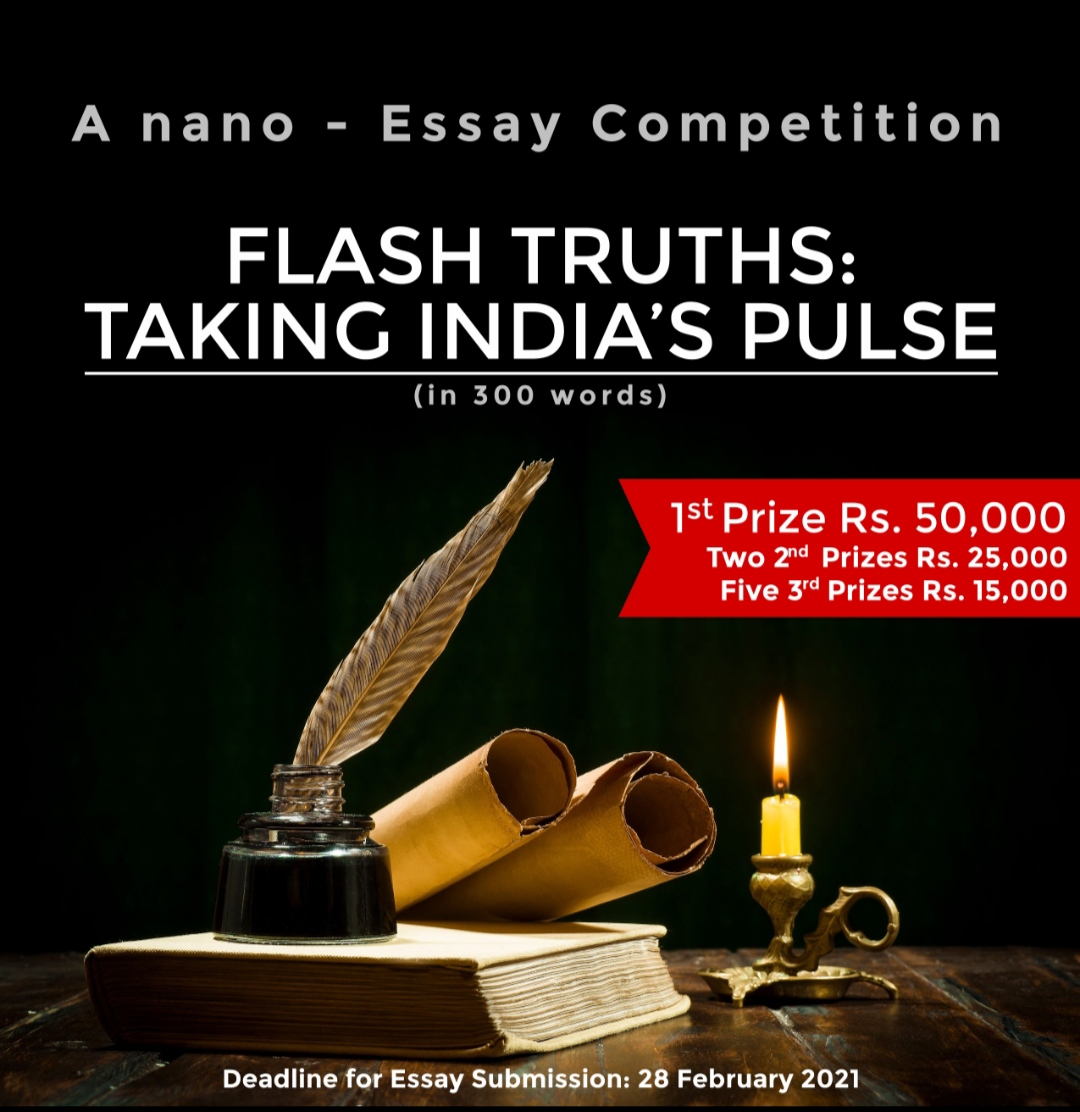Rakesh Ahuja
Song of the Hindu
Who is a Hindu? Identity, Duty and Mission?
1. Like everyone else, I have had my share of brushes with various religions throughout my life. During my professional postings and travels, I have been inevitably drawn into discussions and events, some very awkward, concerning this or that religion. Recently, rifling through stray papers and diaries dating back to the 60s, I came across a note on Hinduism, which is highly relevant today as the Hindutva drumbeat evokes strains and stresses in the Indian civilisational fabric and just, possibly, a cultural holocaust.
2. The note details my conversation with the visiting family & friends of the Indian author, Canada-based Bhagwan S. Gidwani, in New Delhi (during my posting there in the 90s). They presented me with his book, “Return of the Aryans”. Our lengthy exchange on this 944-page tome on Hinduism was fascinating and informative, particularly the “Song of the Hindu” and the “Parliament of Hindu”. It is somehow fitting to recount the Song today, 2 October 2022, on Gandhi Jayanti. I hasten to add that I am a life-long, confirmed atheist; I believe in only one mandate: I can do anything I want, provided I try not to hurt anyone.
3. The “Return of the Aryans” is fictional. But as Monsarrat observed, fiction does not always mean falsehood. It must not just be equated with dreams. It follows the genre of millions of fictionalised alternative histories that populate the human imagination. The book unfolds the drama of the beginnings of Hinduism and its early roots of Sanatana Dharma around 8000BC. It also tells about the migrational movement of Aryans from around 5000BC between India and Europe, particularly Russia, the Baltics, Hungary, Scandinavia, Greece, Italy and Germany.
4. Gidwani’s account draws from ancient texts, including Vedas, Upanishads, Puranas, Smriti and others. He presents it in contemporary patois replacing obscure and archaic phraseology. But the core of the material is oral history extracted from massive research across continents; it springs from 4600 songs, including songs from Vedas, which he notes are “the songs of the ancients from prehistory which still remain in the traditional memory of the people” from South East Asia to India to Europe.
5. The author suggests that the “Song of the Hindu” was composed when Bharat was the Hindu clan’s 19th Karkarta – Elected Supreme Chief – from 5106 BC. Bharat Varsha, India’s ancient name now shortened to Bharat, commemorates him. The text of the Song is on Pages 65/82-83 of the “Return of the Aryans” (Penguin Books Ltd., India & Canada; ISBN 0-14-024053-5).
6. Italicisation is mine, purely for the edification of Hindutva acolytes who are intent on diminishing the quintessence of Hinduism and dismantling the gentle and inclusive way of life that has sustained the Indian civilisation for millennia. I am, however, comforted by Nirad Chaudhuri’s assessment (The Continent of Circe, 1965) that “Hinduism has an infinite capacity to survive and endure the outrages committed on it by its followers.”
BEGINS
“Our desires have grown immeasurable. But they should be desires to give,
not merely to receive, to accept and not to reject; to honour and
respect, not to deny or belittle…
“God’s gracious purpose includes all human beings and all creation…
“For God is the Creator; and God is the Creation…
“Each man has his own stepping stones to reach the One-Supreme…
“God’s grace is withdrawn from no one; not even from those who have
chosen to withdraw from God’s grace…
“How does it matter what idols they worship, or what images they bow to,
so long as the conduct remains pure…
“It is conduct then – theirs and ours – that needs to be purified…
“There can be no compulsion; each man must be free to worship his gods
as he chooses…
“Does every Hindu worship all the gods of all the Hindus? No, he has a
free will; a free choice…
“A Hindu may worship Agni (fire), and ignore other deities. Do we deny
that he is a Hindu? …
“Another may worship God, through an idol of his choosing. Do we deny
that he is a Hindu?…
“Yet another will find God everywhere and not in any image or idol. Is
he not a Hindu?…
“He who was Karkarta before me was a Sun-worshiper. Did the worshipers
of Siva ever say that he was not a good Hindu? …
“Do the worshipers of Vishnu feel that he who worships before the image
of Brahma is not a Hindu?…
“How can a scheme of salvation be limited to a single view of God’s
nature and worship?…
“Is then God, not an all-loving Universal God?…
“Clearly then, he who seeks to deny protection to another on the basis
of his faith, offends against the Hindu way of life, and denies an
all-loving God…
“Those who love their own sects, idols and images more than Truth, will
end up by loving themselves more than their gods…
“He who seeks to convert another to his own faith, offends against his
own soul and the will of God and the law of humanity…
“In the Kingdom of God, there is no higher nor lower. The passion for
perfection burns equally in all, for there is only one class even as
there is only one God…
“The Hindu way of life?… Always it has been and always it shall
be…that God wills a rich harmony – not a colorless uniformity…
“A Hindu must enlarge the heritage of mankind…
“For a Hindu is not a mere preserver of custom …
“For a Hindu is not a mere protector of present knowledge…
“Hinduism is a movement, not a position; a growing tradition and not a
fixed revelation…
“A Hindu must grow and evolve, with all that was good in the past, with
all that is good in the present, and with all goodness that future ages
shall bring …
“Yet he remains a Hindu…
“Hinduism is the law of life, not a dogma; its aim is not to create a
creed but character, and its goal is to achieve perfection through most
varied spiritual knowledge which rejects nothing, and yet refines
everything, through continuous testing and experiencing…
“Yet he must remain strong and united, for a Hindu must know that not an
external, outside force can ever crush him, except when he is divided
and betrays his own…
“What then is the final goal of the Hindu? Through strength, unity,
discipline, selfless work, to reach the ultimate in being, ultimate in
awareness and ultimate in bliss, not for himself alone, but for all…
“This was the silent pledge that our ancient ancestors had taken, when
they called themselves the Hindu…
“If I cannot abide by that pledge, how can I retain the right to call
myself a Hindu?”
ENDS



